I picked up this book again when a friend of mine undertook an up-and-down the Pacific coast motorcycle ride (actually, it was a Malibu to Bend, Oregon and back motorcycle ride). I read it back in high school and remembered many parts of it, but I wanted to read it again with him. As I […]
Year Read: 2015
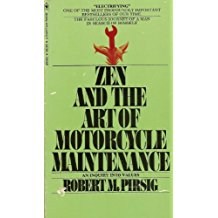
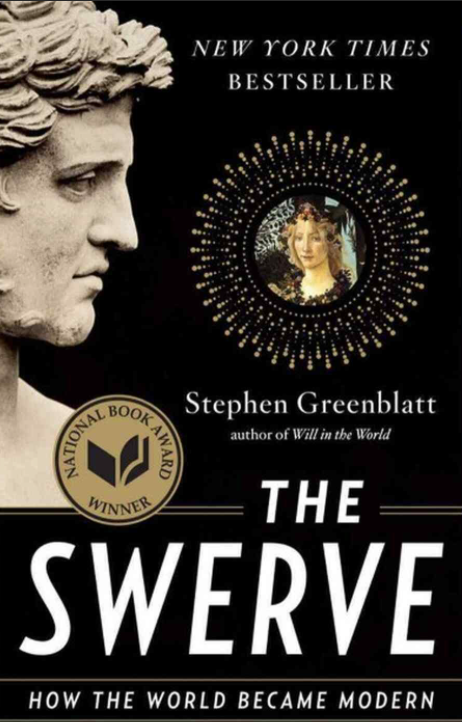
The Swerve: How the World Became Modern
Stephen Greenblatt
2011
Read: 2015
Non-Fiction
It is a lesson about how civilizations can be ruined by fanaticism.
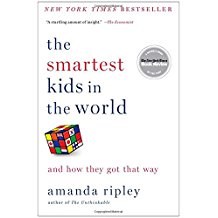
The Smartest Kids in the World and How They Got That Way
Amanda Ripley
2013
Read: 2015
Education/Leadership, Non-Fiction
The Smartest Kids in the World and How They Got That Way, by Amanda Ripley (2013) This book takes three exchange students from the US and compares their experiences at home and abroad, while looking carefully and the Finland Education System as a model. It is a compelling read, and sends some strong messages. First: […]
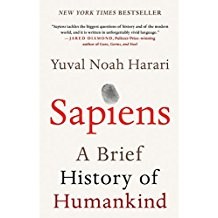
Sapiens: A Brief History of Humankind
Yuval Noah Harari
2015
Read: 2015
Non-Fiction
My dad recommended this one to me. I don’t think I liked it as much as he did. Mr. Harari examines the cognitive history of humans, and basically argues that we have not become any happier due to all of our cognitive development. In fact, we may very well be more unhappy than ever. He […]
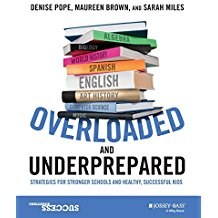
Overloaded and Underprepared
Denise Pope
2015
Read: 2015
Education/Leadership, Non-Fiction
This book has become a very important book in our district. Written by a group of Stanford University School of Education leaders, and former teachers, it talks about the fact that the stress level of our students is extraordinary, and we’re often overloading them with the wrong things. The blame is placed in lots of […]
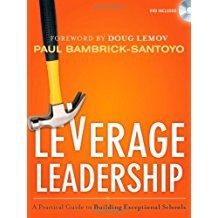
Leverage Leadership
Paul Bambrick-Santoyo
2012
Read: 2015
Education/Leadership, Non-Fiction
This book tells the story of the power of data in transforming schools and helping all students to achieve. I am a bit ambivalent about this one. While I agree with the premise, my philosophy of learning leans toward the more holistic side. I do not relish the idea of making learning about testing. I […]
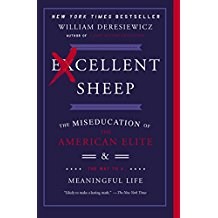
Excellent Sheep: The Miseducation of the American Elite and the Way to a Meaningful Life
William Deresiewicz
2014
Read: 2015
Education/Leadership, Non-Fiction
This book was recommended to me by a Mira Costa graduate who is now a college sophomore. It is a damning report on the level of instruction at the college level. Having had a son just go through college, I believe that great teaching in many colleges is the exception. It also discusses how our […]
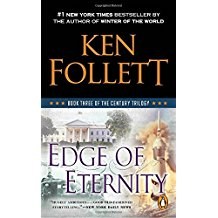
Edge of Eternity
Ken Follett
2014
Read: 2015
Fiction
This is the last in the century trilogy by Ken Follett. I’ve already written about the other two, Fall of Giants and Winter of the World. I love a good historical novel. This is a third book that follows the same four families during the 20th century: one family is from the United States, one […]
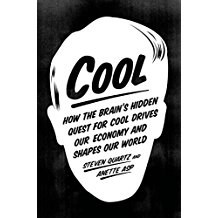
Cool: How the Brain’s Hidden Quest for Cool Drives Our Economy and Shapes Our World
Drs. Steven Quartz and Annette Asp
2015
Read: 2015
Steven Quartz is a very good friend of mine, and my wife and I were excited to be able to read this book before its publication. This is a big brain research book. Brain research is increasing its role as a shaper in education research and policy. This insightful book examines why people make the […]
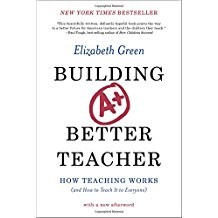
Building a Better Teacher
Elizabeth Green
2014
Read: 2015
This book, by a journalist and not an educator, hits the nail on the head when the author states that our educational research in the US is fantastic, and the level of implementation in the classroom is deplorable. I remember a phrase from Richard Elmore that talked about the stormy sea in which educational research […]
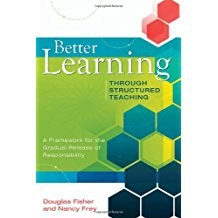
Better Learning Through Structured Teaching
Douglas Fisher and Nancy Frey
2013
Read: 2015
This came to my attention from a USC doctoral student. It is a fantastic book that brings together many of the best ideas and research in teaching. Mike Schmoker’s ideas on direct instruction; Lauren Resnick’s ideas on accountable talk, the role of independent learning and the use of technology. It’s a strong book, and I […]
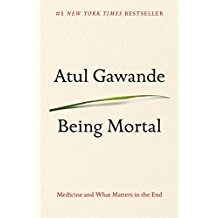
Being Mortal
Dr. Atul Gawande
2014
Read: 2015
I am 55 years old now and I feel very fortunate that both of my parents are still alive and very much a part of my life. But I am at the point in my life where I am thinking about how it will be as they get older, and as I get older. Dr. […]